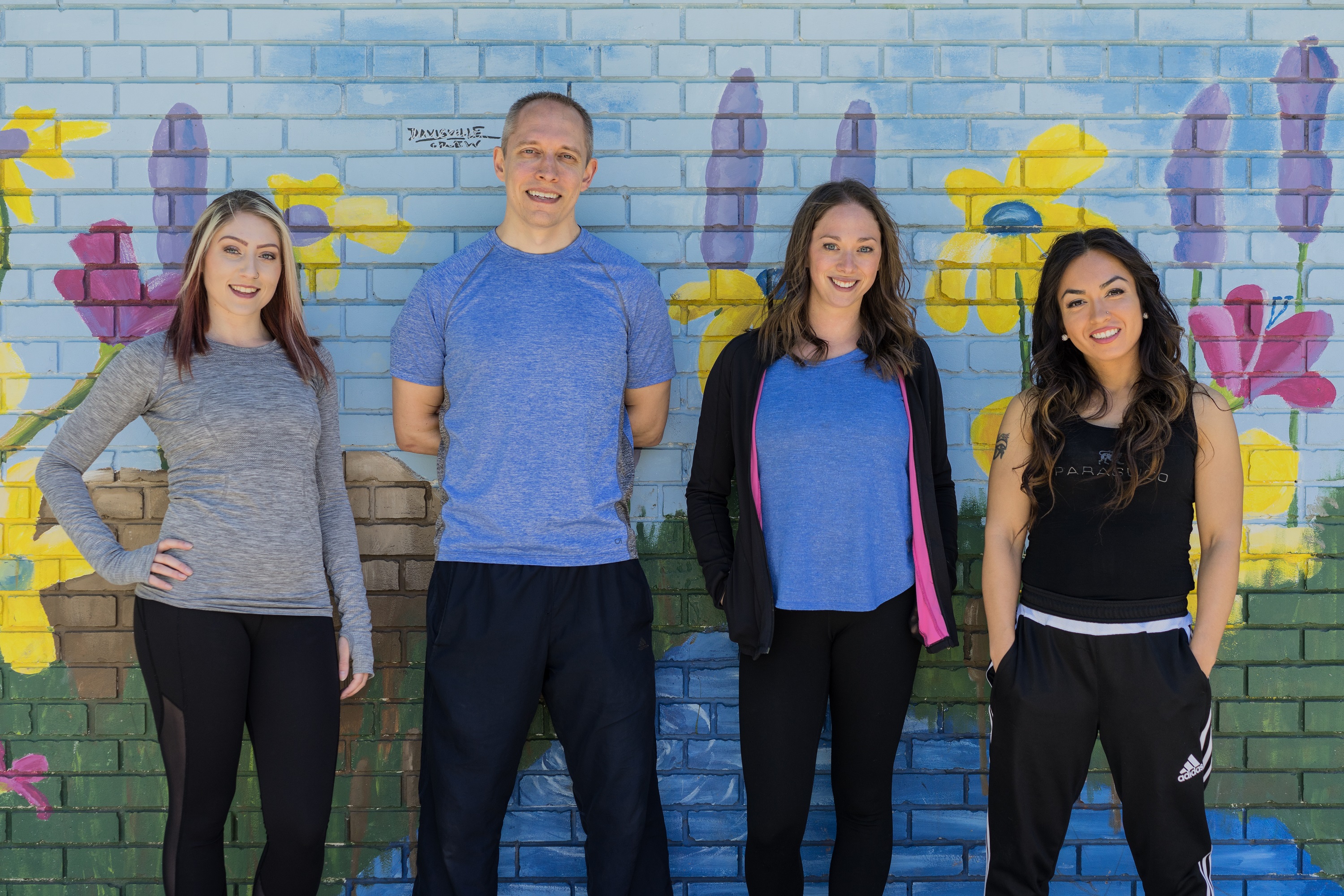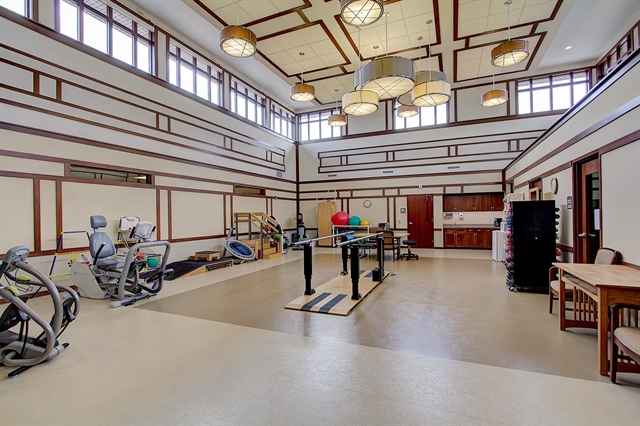
The many benefits of working out, improving your physical condition and fighting a whole host of diseases, has finally been validated by the medical community. It only took decades of convincing, but doctors are starting to learn about the benefits of preventative medicine instead of reactive medicine.
Maintaining proper physical health is also considered vital for maintaining mental health and it can help to reduce stress in a number of ways. I fact, several studies show without a doubt that exercise increases mental alertness and is imperative in enhancing overall cognitive function. Increasing your energy level is another bi-product of maintaining your cardiovascular fitness and heart function.
Given enough time, stress affects everything, with its many nerve connections, the rest of the body catches up to its damaging effects and feels the impact as well. Simply put – if your body feels good, then so does your mind. Physical exercise produces endorphins, these are the chemicals in the brain that act as natural painkillers. It will also help you get a better sleep at night, another positive side – maintaining a proper balance of hormones, including melatonin.
Scientists, in combination with elite fitness professionals have found that regular aerobic exercise programs have shown to decrease overall levels of tension and elevate mood, self-confidence, sleep patters, and an overall sense of well-being. About ten minutes of moderate aerobic exercise can produce beneficial anti-anxiety effects.
How Anxiety Disorders Affect You
Stress is part of every day life – it’s impossible to avoid – however, anxiety disorders affect about forty million people in the U.S. every year. The benefits of exercise extend well beyond basic stress relief for improving complex anxiety disorders. And it’s not just about how hardcore you are in the gym. Apparently, the benefit of a short intense workout is the same as a long light workout. For instance, a 10-minute brisk walk may well be just as good as a 45-minute-long light aerobic workout for some people. Several studies even show us that exercise can act quickly to elevate depression and mood in a large number of us. Although the effects of fitness may be rather temporary in nature, they do demonstrate that a brisk walk or other simple activity can deliver a whole day of relief – which is to say that it’s more beneficial than taking an Aspirin.
Scientific evidence has also proven that moderately active people have lower rates of anxiety and depression than people who are sedentary. Exercising may improve mental well-being by helping the brain cope better with stress. In one particular study, the Anxiety Clinic Academy of America researchers found that those who got daily mild to moderate exercise were 25 percent less likely to develop depression over the next two years.
Working Out Fights Anxiety
You’re only as healthy as you feel! The old adage that if you don’t have your health then you don’t have anything is bang on. Working out acts in a number of ways to help ward off mental and cognitive issues. First, it goes without saying that those who feel and look healthier will obviously feel better and a sense of well-being is the most important determinant in your overall level of happiness. When you look in the mirror every day, you want to see the best version of yourself. Studies show that self-confidence is the second largest determining factor in an overall sense of happiness.
Tips To Stay Healthy and Manage Stress Levels
Canada’s most recent federal guidelines recommend that you get roughly two and a half hours of exercise each week. However, what do they mean by “exercise” exactly? We’ve broken it down in our list below.

- You can jog, skate, take a brisk walk, go for a bike ride, or take up some fun partner activities like dancing three to four times a week for 30 minutes at a time.
- Remember to set small realistic daily goals and aim for a disciplined routine rather than being a hardcore fitness junkie. It’s better to walk every day for 20 minutes or so, than to wait until the weekend for a five-hour marathon. Frequency has been proven to be more important than duration.
- Find different ways to make your workouts fun and enjoyable. Extroverted people often like classes and group activities where they can socialize and make new friends.
- Break out some music and try to distract yourself. Some people like to plan their week ahead of them while they jog. Taking your mind off the workout can be a great way to lose track of time and enjoy yourself.
- Have a workout partner join you. For many people, it’s much easier to stick to your routine when you have to stay committed to a friend, partner, or colleague.
- Be patient when you start a new exercise program. Most sedentary people require about three to six weeks to feel confidently coordinated and sufficiently in shape so that exercise comes more easily.
Working Out in the Winter
- Keep warm! Contrary to what people think. Dress smart with the right clothes rather than layer yourself too much. Exercise in layers that you can remove as you start to sweat and put back on as needed.
- Protect your extremities as they are the first to go – your feet, hands and ears. Ensure that they are warm and wear gloves, socks, and headbands to prevent painful frostbite.
- Take a look at the weather before you head out. If it’s icy or below zero, it may be a good idea to go to the gym or have an in-home personal trainer come to your home.
- Choose the right gear for the right conditions. Of course, it gets dark earlier in the winter, so be sure to wear clothing with appropriate reflectors on your back and front. Buy shoes with cleats on them to prevent falling on ice.
- Wear your sunscreen in the summer.
- Keep replenishing your fluids. Dehydration is actually the number one cause of injury and death when working out. Carry a water bottle with you everywhere you go!
- Know the signs of a heart attack, stroke, frostbite and hypothermia. Try a CPR course to learn the basics in the unfortunate case that something should go wrong.
Alright, so we sound like helicopter parents, but we want you to be safe, but more importantly to have fun and enjoy exercise. If you’re looking for tips on reducing anxiety through fitness, then please contact the Busy Bee Fitness Experts – Toronto’s top personal trainers.








